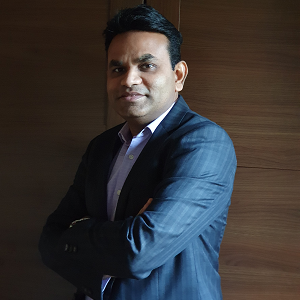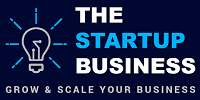
Theme – Drive Pervasive Outcomes using Data
AI, Machine Learning and Deep Learning is
Re-inventing.
Don’t get left behind.
Data analytics is no longer the luxury of organizations with large budgets that can accommodate roving teams of analysts and data scientists. Every organization, no matter the size or industry, deserves a data analytics capability. Thanks to a convergence of technology and market forces, that’s exactly what’s happening.
At APAC Data Analytics Summit, we will be learning the latest and innovations in Data Analytics technologies, processes and tools.
Best practices while attending online conference:
- Login to your system with the login detail 10 minutes prior to the start time
- Should be connected to a good network to avoid interruptions.
- Should be at a quiet place while taking your session.
- Ensure all other windows are closed and no application is running. This will ensure good audio and video quality
- Mute yourself if not expected to speak
- Do ask the question via chat box to keep the session lively.
- You can Ask questions















































What other speakers are attending please